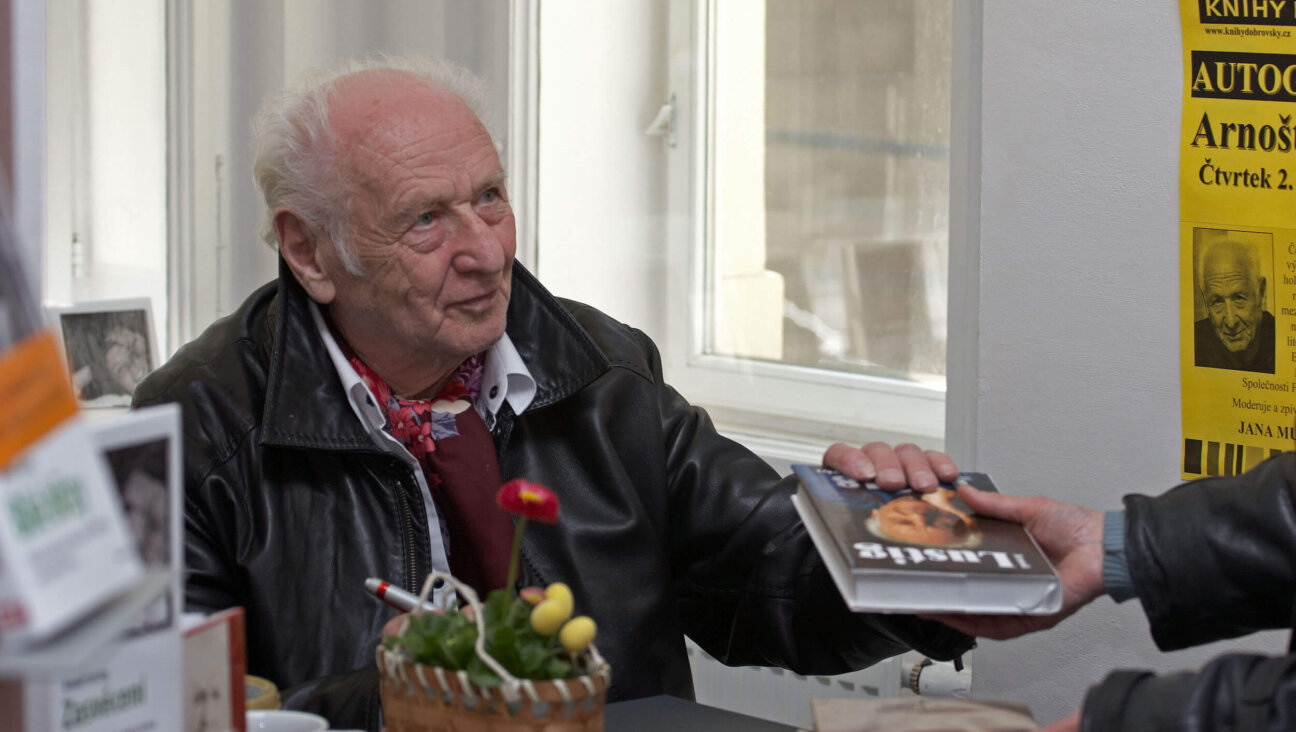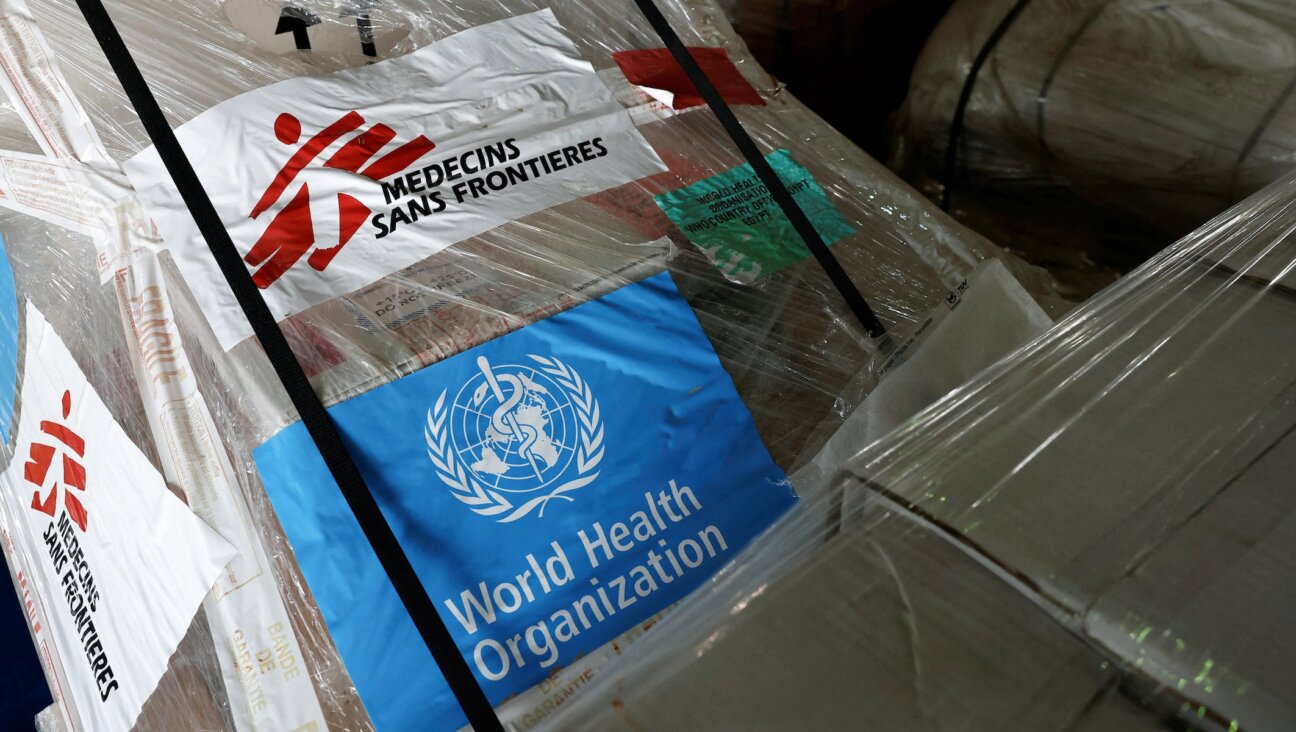Burma at a Crossroads
The southeast Asian nation of Burma is one of the poorest, sickest, most oppressive places in the world. The military junta that has ruled ruthlessly for two decades has enriched itself with the country’s abundant natural resources, but left most of the population of about 56 million destitute. Burma’s health system is the second worst on earth. HIV/AIDS is rampant, more than a quarter of the population lacks access to clean water, forced labor is widespread, and the nation is home to the world’s largest number of child soldiers.
Even its name has been stolen. The military regime changed it to Myanmar. The United Nations went along with this thievery. Fortunately, the United States did not.
Every so often, the veil is lifted, and the plight of Burma pierces our consciences. It happened when the junta summarily refused to honor the outcome of elections in 1990, after the opposition party garnered 82% of the vote. And again, when the imprisoned head of that party, Aung San Suu Kyi, was awarded the Nobel Peace Prize the following year. When brave Buddhist monks ignited the “Saffron Revolution” in 2007 until it was brutally quashed. And when the rulers initially refused international aid to help their own people after a deadly cyclone hit in 2008.
Now, again, is one of those times.
Burma may be at a crossroads. Its brutal path is continuing — after a months-long show trial, Suu Kyi, the regal face of the beleaguered pro-democracy movement who has spent 14 of the last 20 years under house arrest, was sentenced to 18 more months on August 11. If her sentence is upheld, it could prevent her from participating in elections that the regime has scheduled for next year.
Free and fair elections cannot take place without her. As Ibrahim Gambari, the United Nation’s special envoy to Burma, told the BBC: She “is absolutely indispensable to the resumption of a political process that can lead to national reconciliation.”
But there may be a more heartening story emerging from Burma, building on the success of the recent mission by Senator Jim Webb of Virginia, who was able to secure the release of an American detained and sentenced to prison after he intruded on Suu Kyi’s home in May. Even more astonishing, Webb was allowed to meet with her, an honor denied even the U.N. secretary general just last month.
The Obama administration said Webb went to Burma in his role as senator and not as a representative of the White House. But his belief in a new policy of engagement with the ruling generals fits nicely with statements from Secretary of State Hillary Rodham Clinton, who back in February acknowledged that years of economic sanctions had failed to make a dent in Burma’s relentless oppression and signaled her willingness to change diplomatic course.
Engagement is the mantra of this administration. Be it Iran, North Korea, Sudan, Burma — no nation is automatically cut off from the possibility of conversation. This, of course, reflects the personality of a president who believes that he can smooth out deep-rooted tensions by sitting down with anyone over a beer. But it also reflects the reality that in many of these cases, strident political confrontation and economic isolation have only tightened the noose around millions of innocent lives.
How does a nation like ours, intent on promoting democracy and human rights, confront governments so devoted to opposing these values? How do we appeal to a brutal regime without bolstering its oppression? How do we champion the cause of a magnificent public servant like Suu Kyi without prolonging her suffering?
We begin by acknowledging that Burma may, indeed, be at a crossroads, and that it’s our obligation to explore any path that leads to more freedom for its people.
















